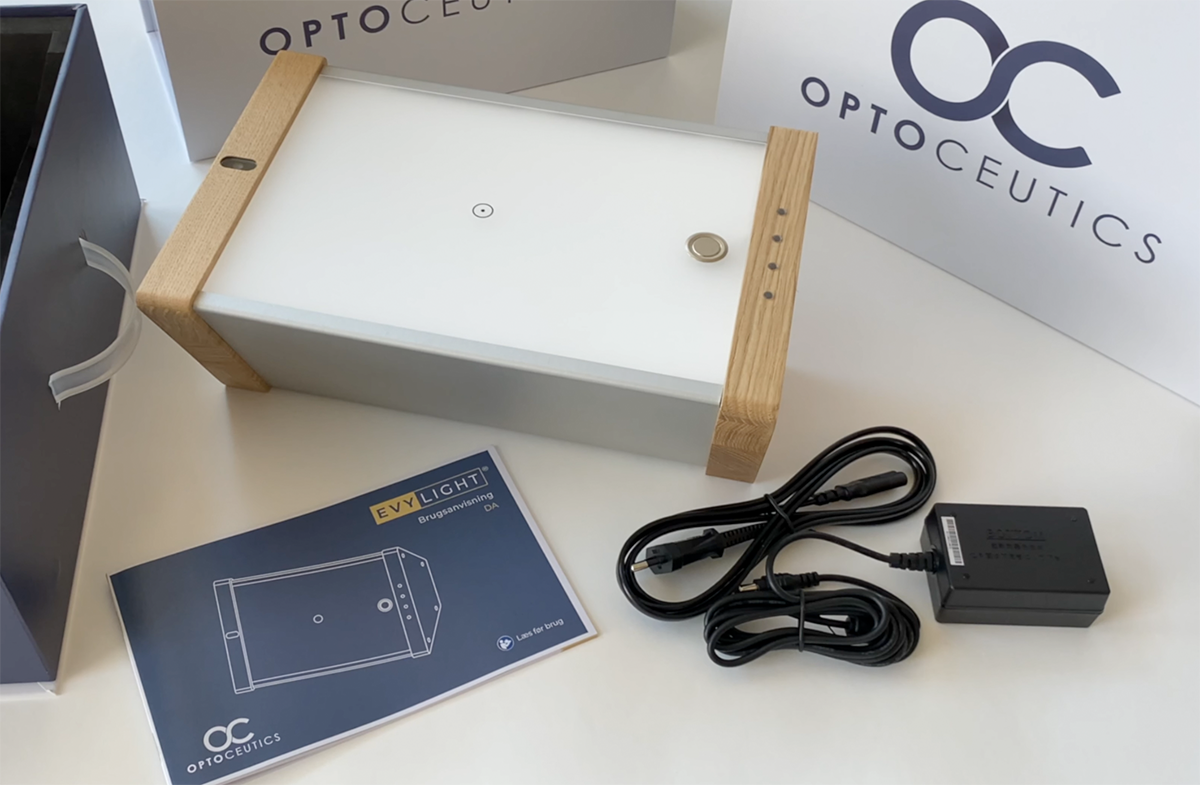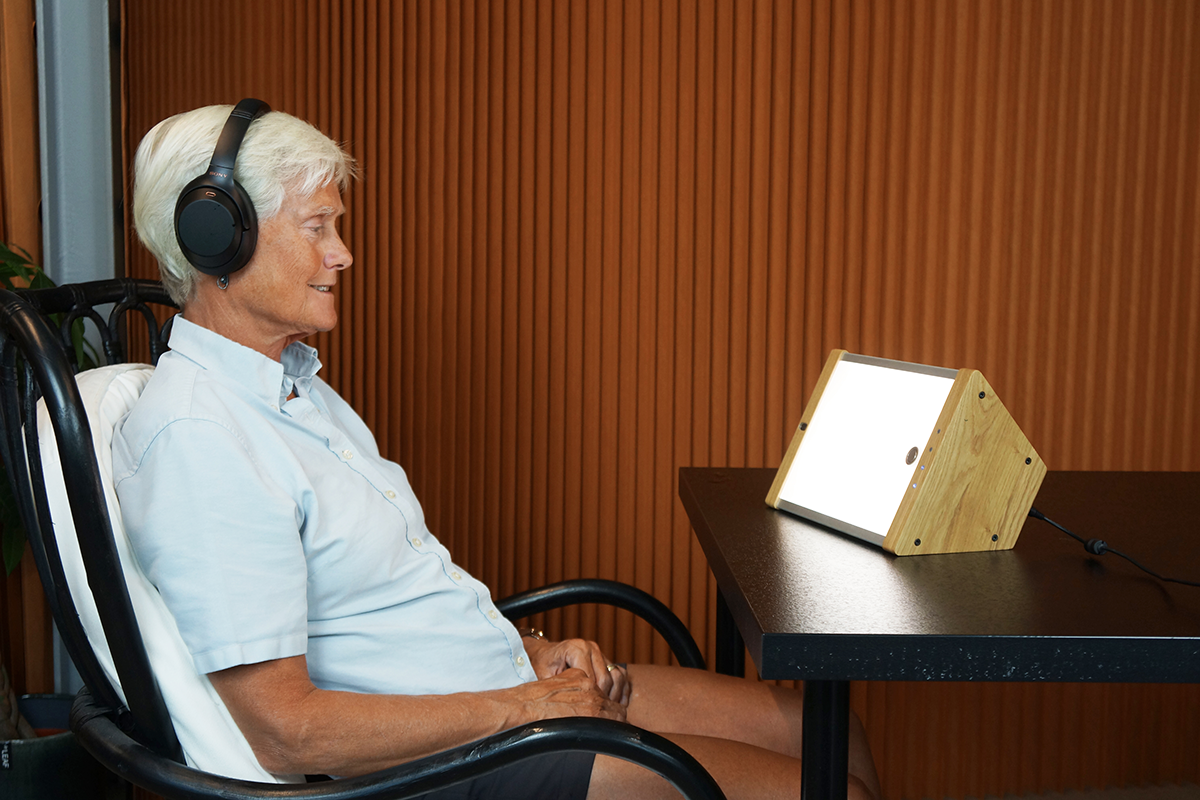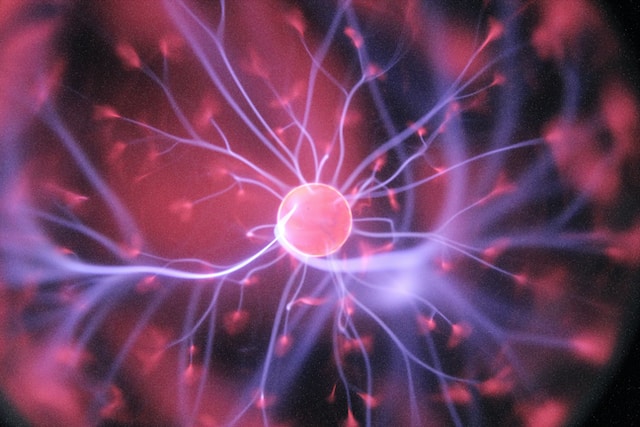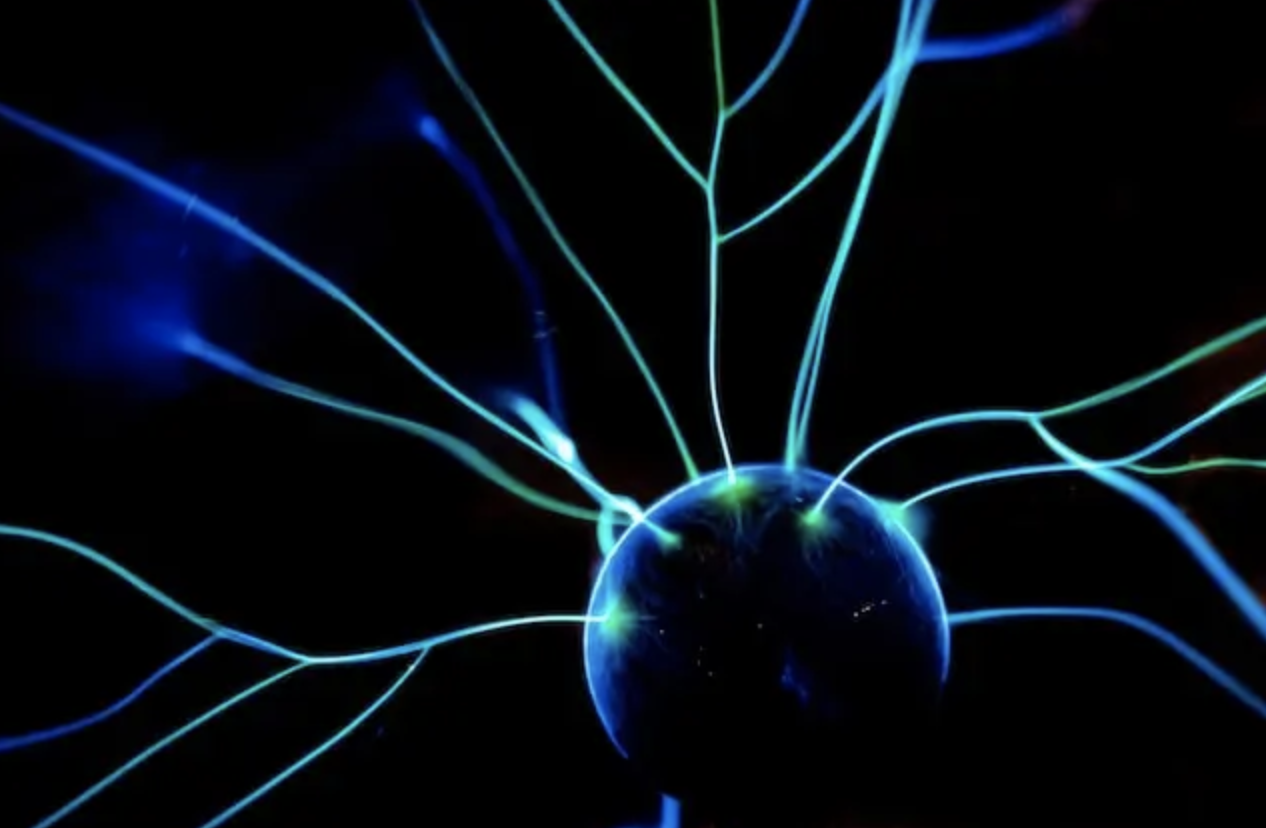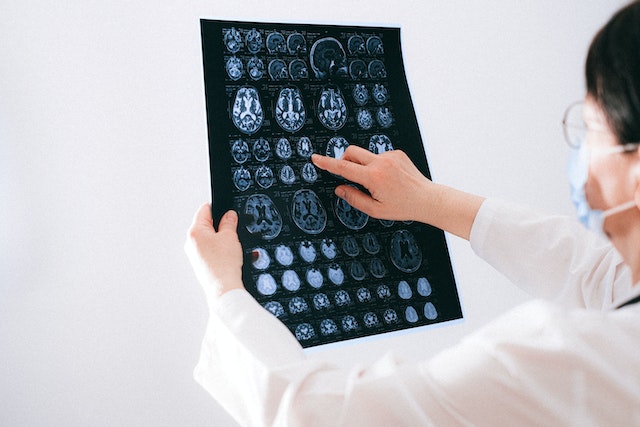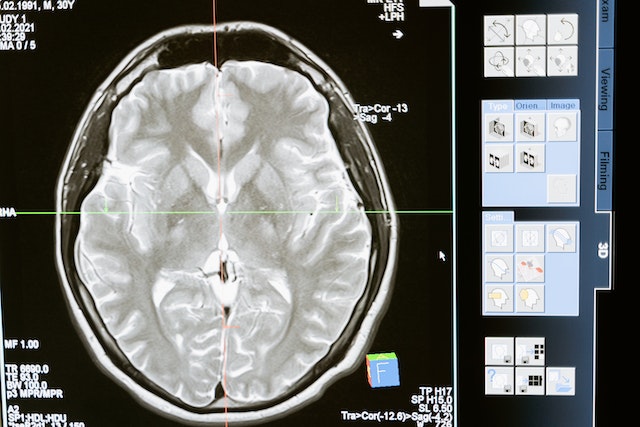The human brain is a remarkable organ responsible for our thoughts, emotions, and actions, and remains one of the greatest mysteries of the human body. Beyond its incredible processing capabilities lies an astonishing fact: the brain is an energy-hungry powerhouse, accounting for a substantial portion of our overall energy consumption. In this blog post, we will delve into the captivating world of the brain’s energy consumption, exploring its significance, mechanisms, and the implications it holds for our daily lives.
The Brain’s Energetic Demands
Although the brain constitutes only about 2% of the human body’s weight, it consumes a disproportionately large amount of energy. On average, the brain utilizes approximately 20% of the body’s total energy expenditure, despite its relatively small size [1]. This striking energy consumption is primarily due to the brain’s constant activity, even during resting periods.
While the brain remains active throughout the day, it exhibits heightened activity during nighttime. While we sleep, the brain undergoes essential functions such as memory consolidation, information integration, and neural repair. Consequently, its energy consumption during the night is particularly significant, reflecting the brain’s tireless work behind the scenes [2].

Metabolic Processes in the Brain
The brain’s energy requirements are primarily met through a complex interplay of metabolic processes. Glucose, derived from carbohydrates in our diet, serves as the primary fuel source for the brain. It undergoes a series of intricate biochemical reactions, where energy from glucose is converted into adenosine triphosphate (ATP), the molecule that fuels cellular activities. Unlike other organs, the brain has limited energy stores and cannot store glucose for future use. As a result, a steady supply of glucose is essential to sustain its functions [3].
The energy generated from glucose metabolism in the brain powers the fascinating electrical signals that travel between brain cells, known as neurons. These electrical signals enable the transmission of information, facilitating our thoughts, actions, and sensory perceptions. In fact, your brain generates about 12-25 watts of electrical power, which is enough to power a low-wattage LED light bulb [4].
The Blood-Brain Barrier
To ensure the brain receives a constant supply of glucose, a specialized barrier called the blood-brain barrier tightly regulates the transportation of glucose from the bloodstream into the brain. This selective permeability prevents harmful substances from entering the brain but allows essential nutrients, including glucose, to pass through [5].
Implications for Daily Life
Understanding the brain’s energy consumption has profound implications for our daily lives. Proper nutrition, including a balanced intake of carbohydrates, is crucial for maintaining optimal brain function. Ensuring a steady supply of glucose to the brain throughout the day can help sustain cognitive performance, memory, and overall mental well-being.
Additionally, adopting practices that enhance brain health, such as regular physical exercise, sufficient sleep, and stress management, can promote efficient energy usage and support optimal brain function. These lifestyle factors play a vital role in maintaining the brain’s energy balance and can contribute to improved cognitive abilities and overall brain health in the long run [6].
The brain’s energy consumption is a fascinating aspect of human physiology. Despite its relatively small size, the brain’s voracious appetite for energy underscores its fundamental importance in supporting our cognitive abilities and maintaining optimal brain function. By understanding the brain’s energy requirements and adopting habits that promote brain health, we can optimize our mental performance and overall well-being.
References
[4] Kováč, L. (2010). The 20 W sleep‐walkers. EMBO reports, 11(1), 2-2.







